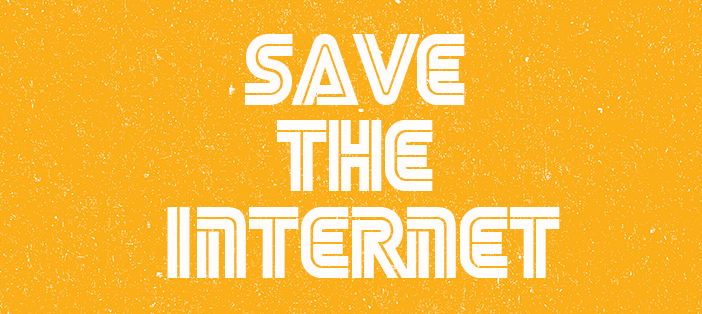The 1980s marked the entry of public Internet in India. The internet allowed its customers to have access to information, education and entertainment. The internet also redefined a conventional marketplace with e-commerce.
Back then, telecom operators were more than happy to provide the public with the internet but that’s changing now – and not just in India – but all over the world.
Net Neutrality is the principle that Internet service providers and governments should treat all data on the internet equally. While many countries like Chile, Netherlands, Brazil and the U.S.A have already adopted net neutrality, India seems to be next in line to make this choice.
The telecom operators want to divide the Internet into sections and the consumers may be asked to pay separately to access each section. India maintains a gigantic e-commerce market. Hypothetically speaking, let’s say a telecom provider has a deal with an e-commerce website, it will make sure that any rival e-commerce sites load slower, therefore pushing traffic to the e-commerce site your provider is in a deal with. So if you choose the ‘Amazon’ option on your e-commerce site, you might find that eBay loads slower. Isn’t the only thing worse than no internet, slow internet?
The Telecom Regulatory Authority of India (TRAI) has constructed a ‘Regulatory Framework for OTT Services’ and has set the deadline 24th April, 2015 to hear out the general public – after this they will make their decision on whether internet providers have to stay neutral, by law.
The issue is one of freedom: if there is no net neutrality, there will be no freedom to access the information you may want to access, no equality to comment as to what you may want to say, and no future in technology as the internet is the future of many up-coming and future endeavors.
The law, or regulation, states many diplomatic reasons as to why it’s right for the telecom service providers (TSPs) to ask for more while they still give out less. These TSPs are ferociously going after net neutrality.
What sparked this change is TSP’s belief that they’re not getting the share they deserve from these over-the-top service providers. OTT providers refer to applications and services like Skype, Viber, WhatsApp, Facebook, Instagram and E-commerce websites. Some experts in the telecom industry believe that mandating net-neutrality would be inconsistent with sound economic management of the Internet.
Their main argument revolves around the idea that the OTT service providers are making money by reaching customers through their infrastructure while they are not getting paid for this. Isn’t it fair that a Telecoms provider in India gets a cut of the profits from Amazon considering their customers couldn’t get to Amazon without their service? But aren’t they earning enough through the data usage a customer is paying for?
According to the regulation, the application providers have created an increasing demand for faster broadband speed which translates into a need for huge investment in upgrading the networks by the TSPs but will they earn their investment back?
Airtel, a TSP in India has come up with a plan, Airtel Zero, which nearly violates net neutrality entirely. The plan grants preferential treatment to websites who pay for it. Airtel in return will let its customers use these websites for free. Flipkart, an e-commerce website, who were going to participate in Airtel Zero, have decided not to after facing a huge backlash on social media.
Among other TSPs going against net neutrality are Reliance Communication and Uninor who have tied up with Facebook, WhatsApp and Wikipedia.
Though we all may have come across #SaveTheInternet and #NetNeutrality during our daily scroll on Twitter or Facebook – and wouldn’t have given a second thought to it – the issue of net neutrality is a major one that hasn’t been receiving the attention it deserves. In the past 72 hours it’s become mainstream in India and has been backed up by not only Bollywood stars, E-commerce websites, social groups but also many politicians.
Net neutrality is a much-needed utility for Digital India that has turned out to be the stepping-stone for many small-scale retailers and entrepreneurs. Therefore, the time has come to save the Internet and stop trying to ahem, ‘break the Internet’ in India.





